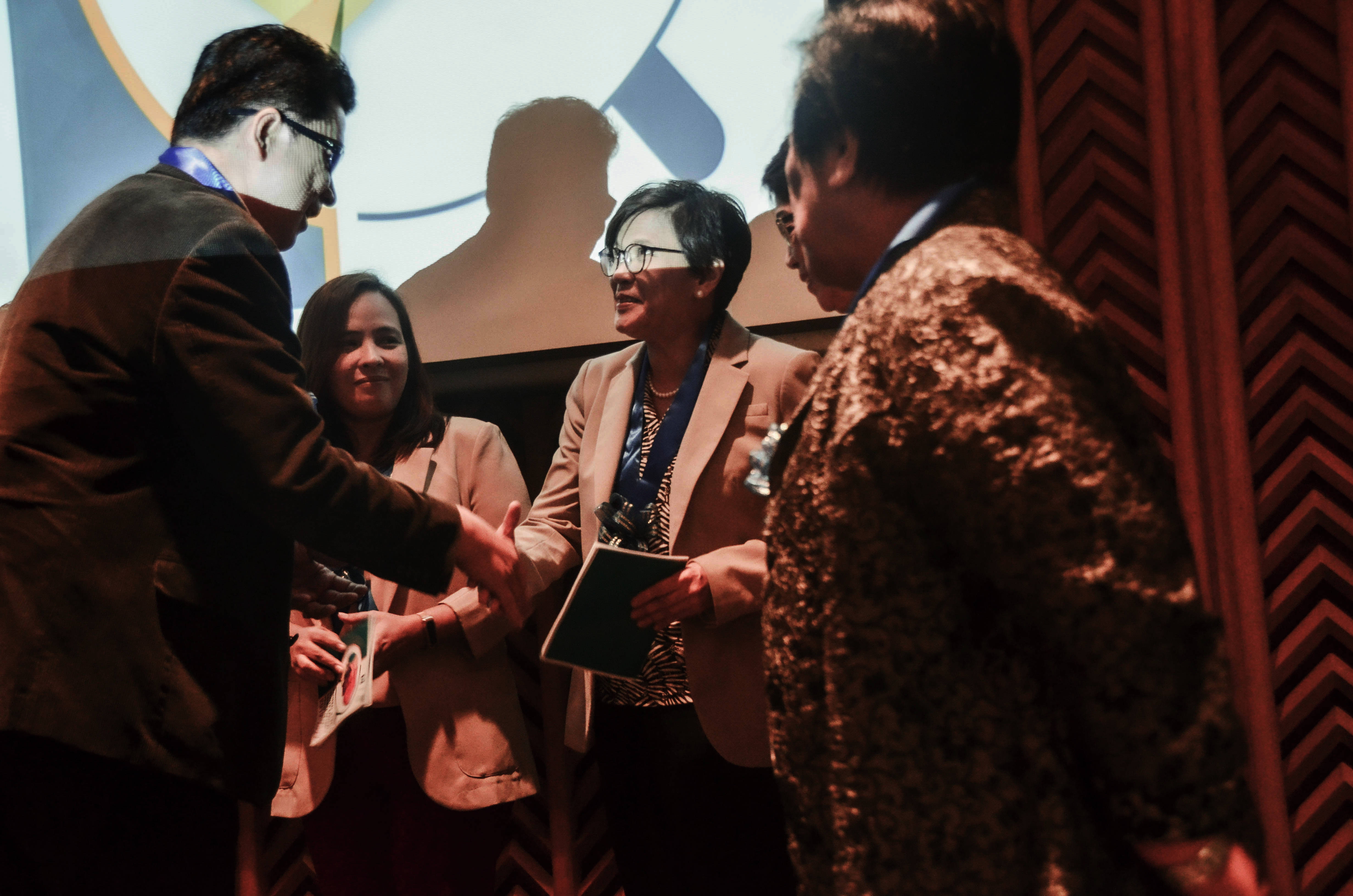The country’s lead in health research, Department of Science and Technology – Philippine Council for Health Research and Development (DOST-PCHRD), announced the conception of the first National Mental Health Research Agenda (NMHRA) during the World Mental Health Week on Friday, October 11, 2019 at the Philippine International Convention Center, Pasay City.
Intended to set direction for the country’s future mental health research investments, the development of NMHRA 2019-2022 was facilitated by DOST-PCHRD and the World Association for Psychosocial Rehabilitation (WAPR) – Philippines, working with various stakeholders. The selection of NMHRA research priority areas is based on the provisions of the Philippine Mental Health Act of 2017.
“We still have much to do in the field of mental health research, and I hope with the NMHRA, we can inspire more evidence-informed research programs on mental health in the country,” said Dr. Jaime C. Montoya, Executive Director of DOST-PCHRD.
According to the Principal Investigator of NMHRA and the President of WAPR-Philippines, Ms. Lucita Lazo, mental health is not a national priority over the years, but now solutions to address the problems are being brought out. Ms. Lazo expressed her high hopes that more government and non-government organizations will initiate and support mental health research efforts in the country.
Ms. Lazo co-developed the NMHRA with Dr. Lourdes L. Ignacio, the Founding President of WAPR-Philippines.
Mental health situation in the Philippines
“In a developing country like the Philippines, the shortage of human and financial resources along with the stigma on anything “mental”, and the low prioritization for mental health hamper the national capacity to respond to the increasing needs of the Filipino to sustain a good quality of life,” said Dr. Ignacio.
Mental health is listed as the third most prevalent form of illness in the Philippines (Lally et. al., 2018). The Department of Health reported that one in every five Filipino adults has some form of mental illness.
Every year, around 3,500 Filipinos commit suicide (World Population Review, 2019). Additionally, the highest percentage of depression affects teenagers and young adults aged 16 to 29.
In terms of healthcare, there are only 2-3 mental health workers for every 100, 000 Filipinos (World Health Organization and DOH, 2006). This, according to experts, accounts for a severe shortage of mental health specialists in the country. Moreover, researchers argue that mental health in the Philippines remains an under-resourced aspect in healthcare.
National developments in mental health
According to Dr. Ignacio, there are two major waves of mental health development in the Philippines. The first was initiated in 2001 by the National Mental Health Policy issued by the Secretary of Health as the country’s commitment in observance of the World Health Day. The second was done in the last two years: the enactment of the Philippine Mental Health Act of 2017, the promulgation of its implementing rules and regulations, and the enactment of the Universal Health Law. These recent developments are all deemed to change the landscape of mental health in the country.
The future of mental health research with NMHRA 2019-2022
Mental health is one of the research priorities in the National Unified Health Research Agenda (NUHRA) 2017-2020. However, no mental health research framework existed which the DOST-PCHRD could follow in supporting mental health programs.
With the NMHRA 2019-2022, future mental health research projects are expected to achieve three major outcomes as follows: improved mental health information system; strengthened leadership and governance; and accessible, available, affordable, and responsive mental health services.
According to Ms. Lazo and Dr. Ignacio, a strengthened mental health information system is crucial as it will lay the basis for innovations in the field. More so, this will help steer the provision of mental healthcare services for Filipinos. Subsequently, an improved leadership and governance will ensure adequate supply of resources needed for mental health services in the country. Well-informed duty bearers will fuel the provision of treatment and care in local mental health facilities and mental hospitals, which will increase the availability of mental health services among local communities all over the country.
The new mental health research agenda seeks to support the current policy reforms in mental health, as it is informed by developments at the global level and continues to support a life course perspective on mental health research.
“Now, it seems like there can be reality to the movement towards approaching mental health from a transformative framework to being more wide-ranging, as it’s going to traverse the whole of life, because that’s what mental health is all about, the whole total well-being, so exciting!” Dr. Violeta Bautista, head of UP Diliman’s Clinical Psychology Program stressed.


